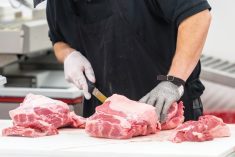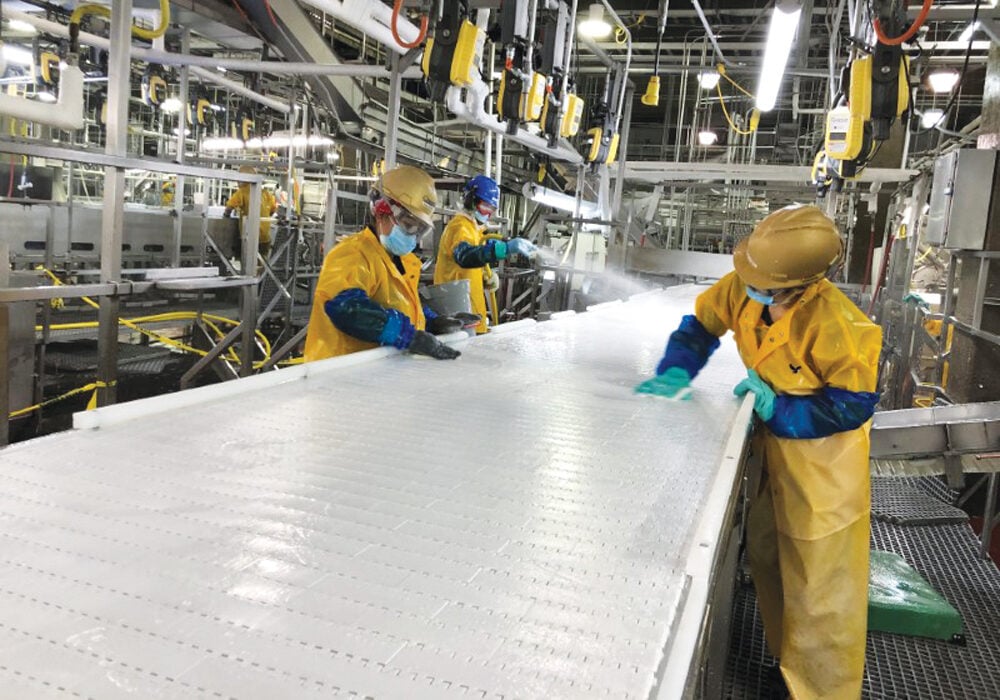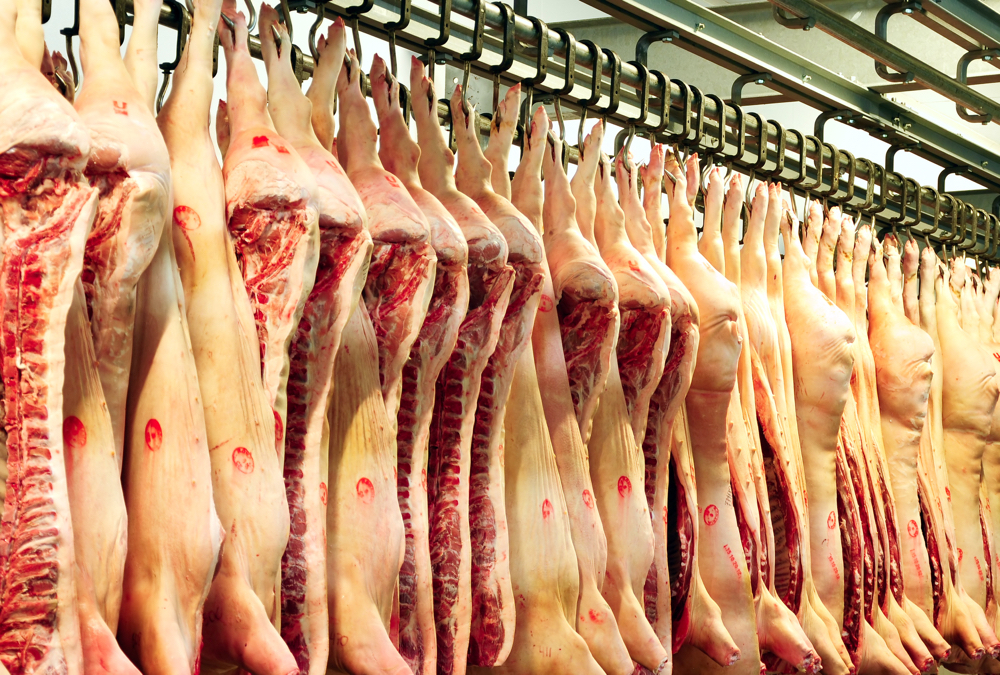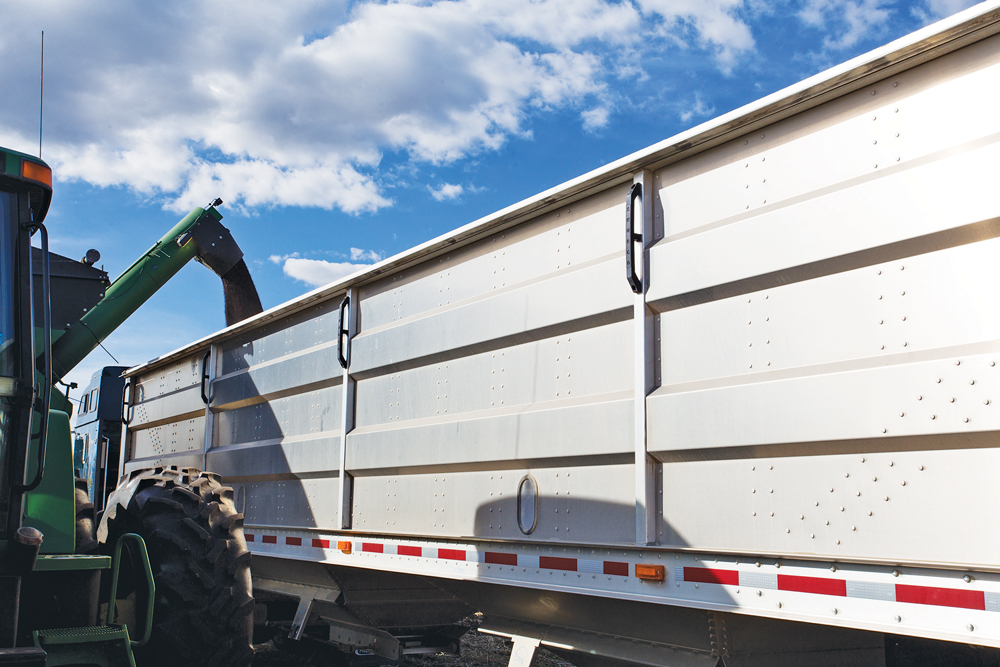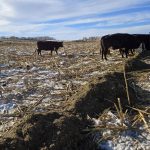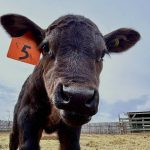Manitoba needs 40 new hog barns over the next five years to meet nearby processor demand, but the province’s agriculture minister says NAFTA uncertainty is hindering that development.
“I would say that is part of the problem, to be honest,” Ralph Eichler told reporters at Ag Days here Jan. 16. “There’s that uncertainly. But let’s be clear (President Donald) Trump can tear NAFTA (North American Free Trade Agreement) up, but it still has to go through the Senate through the House of Representatives, so we have a deal until such time as the political will is there to end it once and for all. But it’s too important for us to be able to give up on that right now. I think we’re sitting fine.”
Read Also
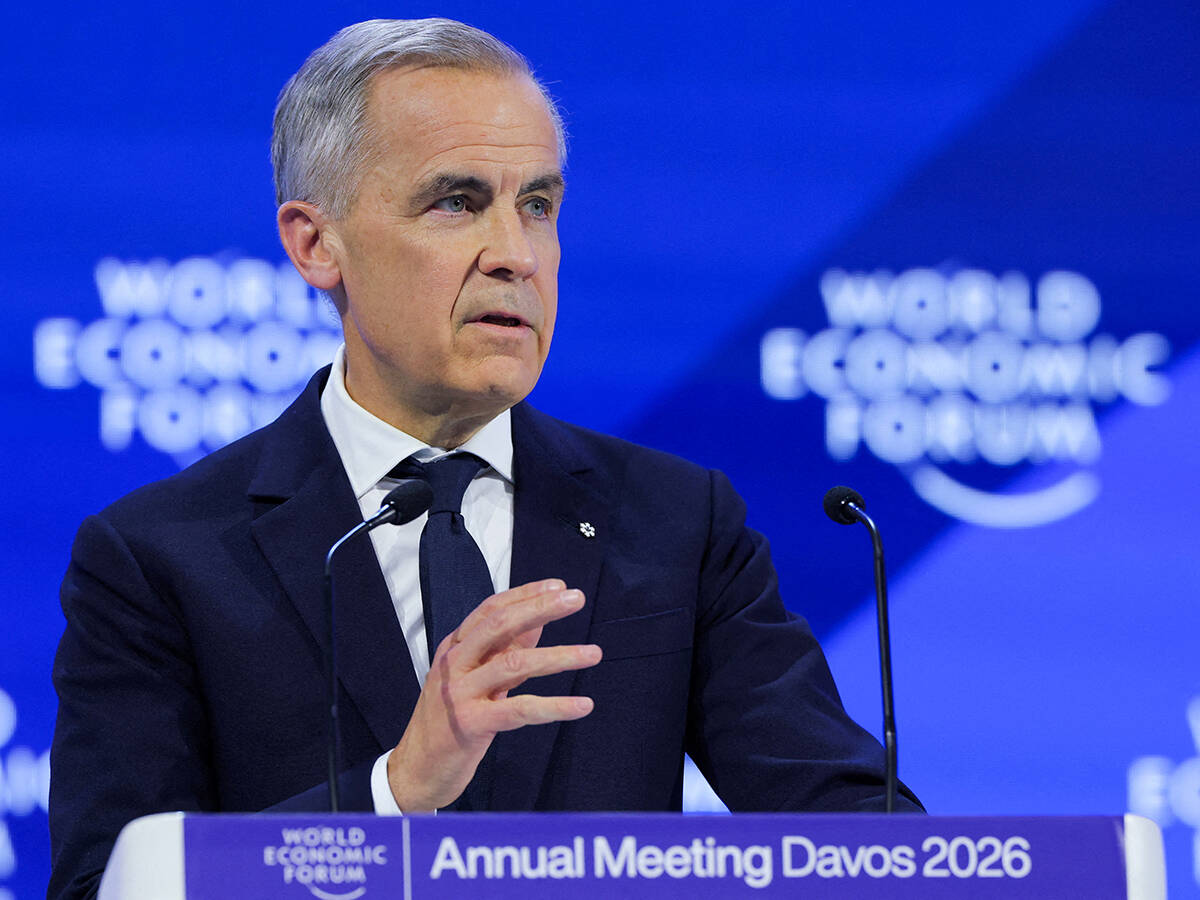
Canadian agriculture has to back up diverse trade if it wants it
Cheap and easy access to U.S. trade is a relic of the past and market diversification is expensive: What’s Canadian agriculture to do?
Manitoba needs to produce 1,500 more slaughter hogs a day to meet the processing capacity of Maple Leaf Foods and Hylife Foods, Eichler said.
“That’s without any new trade in regards to CETA (Comprehensive Economic Trade Agreement with the European Union),” he said.
Eichler said he’s only aware of plans for three new hog barns to be built.
“There are municipalities looking at it,” he said, because they see hog production as good for their local economy.
- Read more: Old is new in hog barn approvals
Still hopeful
Speaking to reporters at Ag Days one year ago Eichler said he was optimistic Trump would see NAFTA’s value and last week said his position hasn’t changed.
“I think he (Trump) sees opportunities for trade…” Eichler said. “I am very impressed with Sonny Perdue, the secretary of agriculture. He’s very pro-trade. His deputy secretary is also pro-trade. So I think we have all the right people in our camp in order to ensure that we do get it right.”
American and Canadian elected state and provincial officials representing agricultural and rural issues passed a resolution in support of NAFTA during the 2018 Legislative Agriculture Chairs Summit (LACS) hosted by the State Ag and Rural Leaders (SARL) in Kansas City, Missouri Jan. 5 to 7, said Eichler, who attended the event.
The resolution was sent to Trump, Prime Minister Justin Trudeau and every state and provincial government.
“We come (sic) out of there unified as an organization,” Eichler said. “Yes we realize there are some concerns over supply management, but none that would be an impairment to moving forward with NAFTA.
“I feel very strongly that we’re going to be just fine.”
Eichler said he sees more hope in trade deals with Asia, such as the since-announced TPP II, than with the much-touted European agreement known as CETA, that came into effect last year.
“I see that as an opportunity for us to capture more of the Asian market, in particular with the pork market and also the canola, also peas and beans… ” he said.
“I can’t see a lot of gains in regards to CETA mainly because of the European organic mode that they’re in right now… ”
Beef growth
Manitoba beef cattle numbers are up 38,000 from a year ago, but it’s nowhere where it needs to be, Eichler said.
There has been lots of discussion about building a soybean-crushing plant in Manitoba, he said.
“I can tell you this much. I’ve had several inquiries, but I haven’t seen any cheques yet. They always say the cheque is in the mail, but unless I get a cheque we’re not going to be making the announcement soon about what that might look like.”
Last week the Westman Opportunities Leadership Group (WOLG) received a $75,000 grant from the Manitoba government’s Partner 4 Growth program to assist its efforts to attract a soybean-crushing plant.
There’s increased optimism about attracting more agricultural processing to Manitoba, and especially around Portage la Prairie, in the wake of construction of Roquette’s pea plant at Portage, Eichler said.
“They’ve had lots and lots of opportunities — people coming, knocking on their doors saying, ‘jeez, what is it that Portage has, and what is it that Manitoba has that is so darn interesting… ?” he said.
“Of course we look forward to working in partnerships with them in order to get more business opportunities.”
Manitoba farmers might know in March whether fuels used to heat barns, greenhouses and dry grain will be exempt from a provincial carbon tax, Eichler said.
Fuels in farm implements are exempt from Manitoba’s $25-a-tonne carbon tax Premier Brian Pallister unveiled in October.
“We’ve been listening and working with our farm families… ” Eichler said. “We want to make sure our farmers remain competitive. So the jury’s still out, but we’re certainly working on it.”




